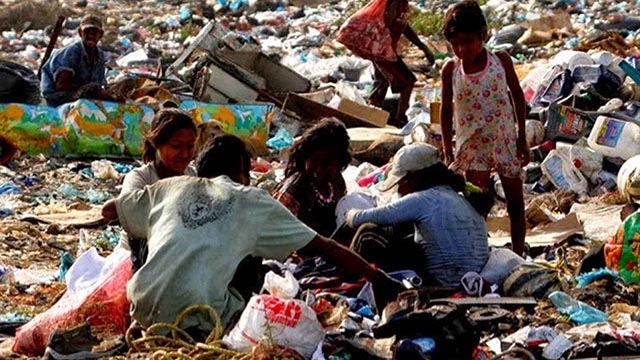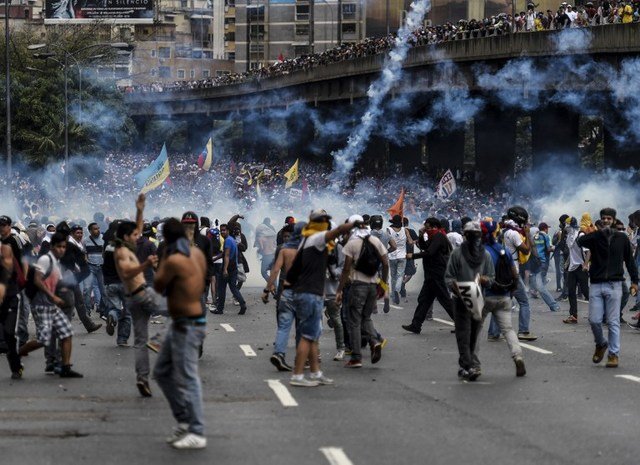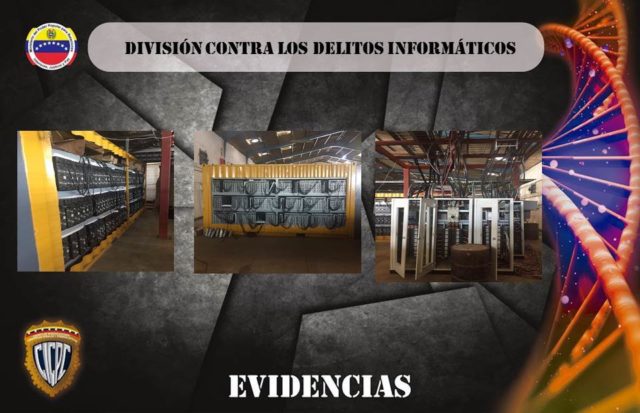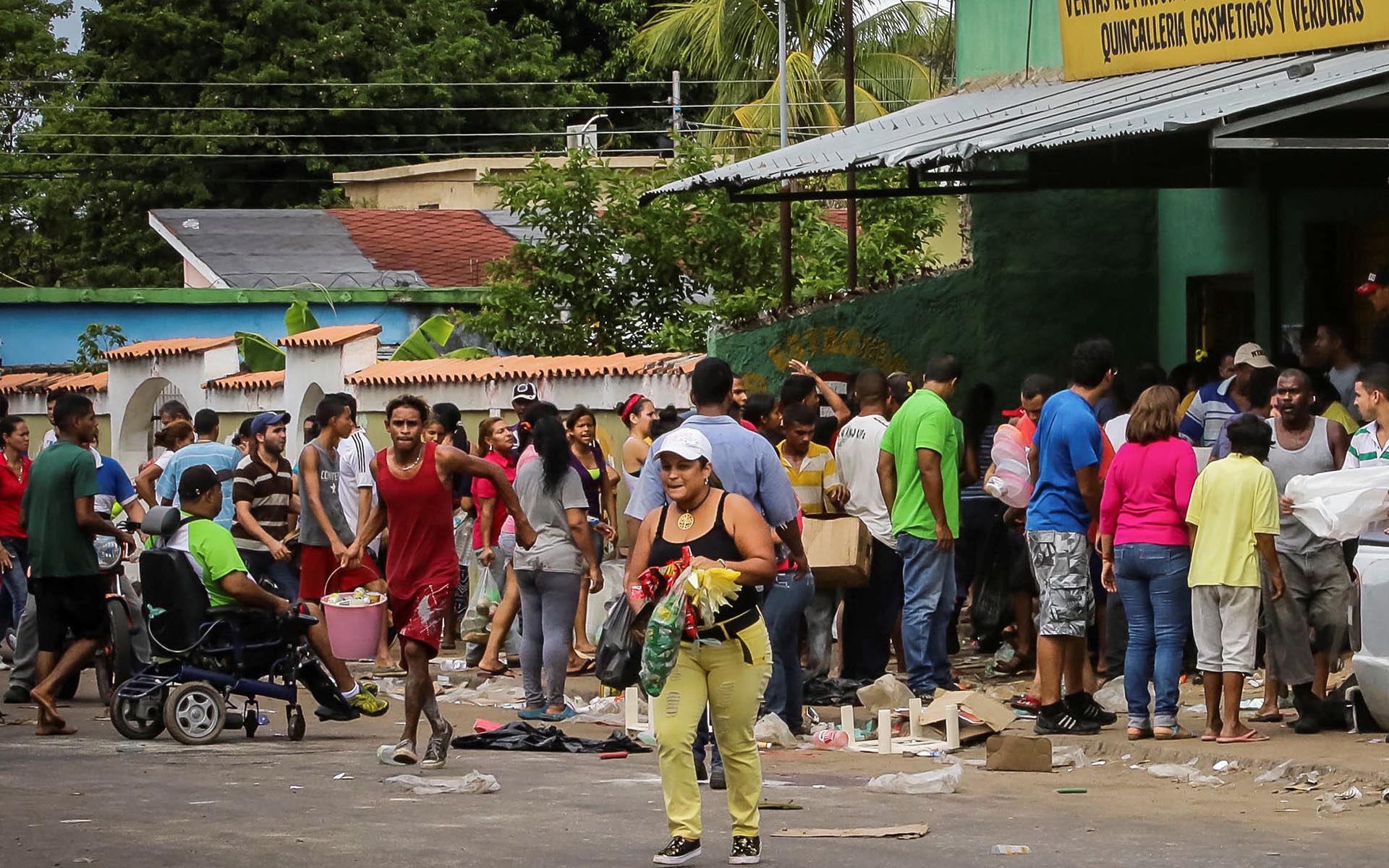Many people in the troubled South American nation have turned to Bitcoin mining in a desperate attempt to fend off starvation and keep their families alive.
The once thriving South American nation of Venezuela has been sliding into an economic apocalypse over the last few years. The socialist regime of Hugo Chavez has been followed by current President Nicolás Maduro, and the economic policies put in place has transformed a country with more oil reserves than Saudi Arabia into a literal hell on Earth.
Inflation is rampant as prices for consumer goods have skyrocketed a whopping 741% from early 2016 to early 2017. Experts expect the rate of inflation to actually hit 1600% later this year.
Into this maelstrom steps an unlikely hope for the masses: Bitcoin. Many starving Venezuelans are now mining the digital currency in order to just survive.

A Desperate Situation
To call the current economic and social climate of Venezuela dire is an understatement. Food is becoming increasingly nonexistent. Demand has far outstripped supply as hundreds of thousands of individuals line up for just the mere chance of getting some basic necessities. Mobs of people have crossed the border into neighboring countries in order to scavenge food, and starvation has become the new norm. A full 3/4th of the country lost weight last year due to lack of food.
The current crisis is further worsened by the continuing power grab by President Nicolás Maduro and his allies. A new constitutional assembly has been formed, declaring itself the superior governing force to all other governmental bodies. This assembly, under the control of Maduro, removed the country’s chief prosecutor (who had been opposing Maduro), created a “truth commission,” and pledged support and solidarity with Maduro. So far, at least 124 people have been killed protesting over what has happened to Venezuela.

Bitcoin Mining Can Mean the Difference Between Life and Death
Into this awful situation comes an unlikely savior in the form of Bitcoin. The Atlantic is reporting that many desperate Venezuelans have turned to mining bitcoins in order to feed their families. This unlikely scenario has come about due to one mitigating factor: electricity in this impoverished nation is essentially free as a result of the central government massively subsidizing it.
Cheap power has allowed people to operate Bitcoin miners without the usual accompanying cost. Reports have stated that successful Bitcoin miners can earn up to $500 a month, which is enough to fully feed and supply a family of four. As the country’s cash currency is essentially worthless, many businesses and people are now using bitcoins to exchange goods and services.
However, there is a fly in the ointment. President Maduro has begun cracking down on Bitcoin miners, calling them “capitalist parasites.” Yet trading bitcoins is still allowed. This has led to a number of miners being arrested on flimsy charges, which can occur as there are currently no cryptocurrency laws in Venezuela.
One miner was detained for 14 weeks, and other mining rigs have been seized by the authorities. Of course, it is widely believed that the police and government officials are using the seized rigs to mine their own bitcoins.

Yet a desperate people will continue to look for new ways to survive. As the authorities have focused so much attention on Bitcoin, many people have begun mining for Ether instead. In an interview with The Atlantic, a Venezuelan miner said:
Mining ETH or bitcoin is pretty much the same principle: using free electricity to generate cash. But ETH mining is more affordable—all you need is free software and a PC with a video card. Any police officer is easily fooled into thinking your ETH miner is just a regular computer.
While quite a few still scoff at the possibilities offered by cryptocurrency, the reality is that it provides an economic avenue that’s open to everyone. In the case of Venezuela, it’s also literally the difference between living or starving to death.
How do you feel about the role of Bitcoin in helping to keep people fed in Venezuela? Let us know in the comments below.
Images courtesy of Bloomberg, Juan Barreto/AFP, William Urdaneta/Reuters









